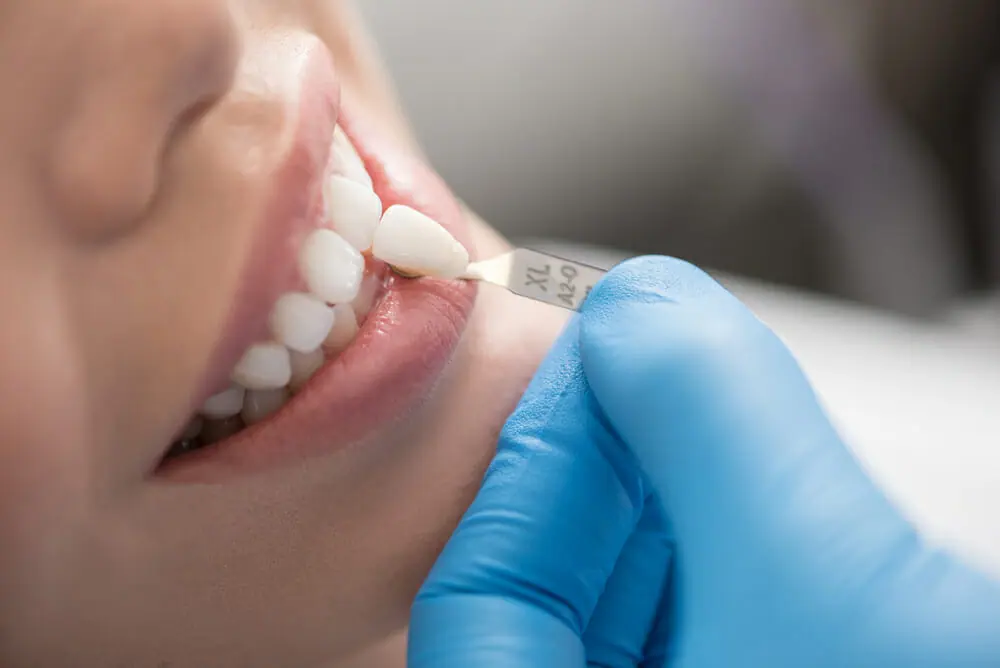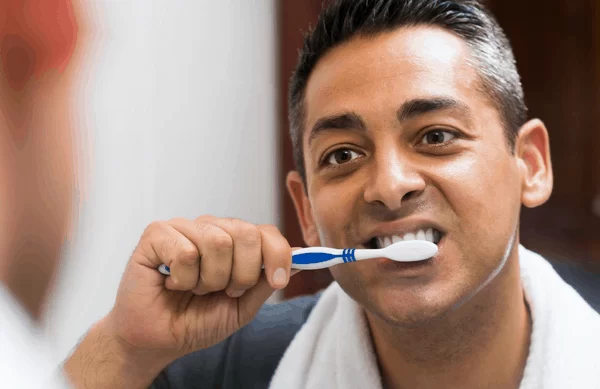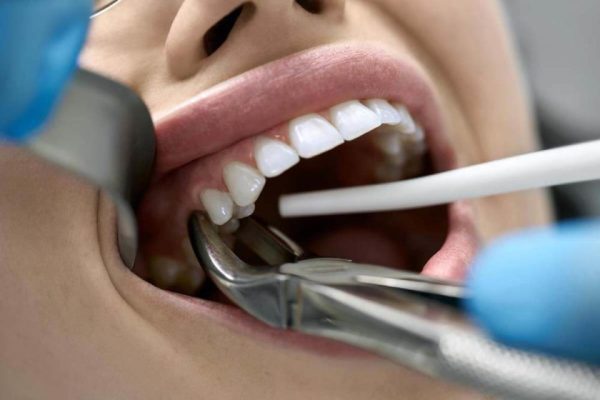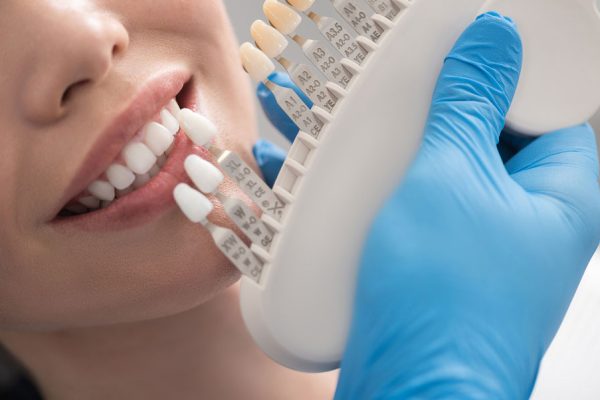Retirement is a time for relaxation, travel, and pursuing your passions. It’s also a period where taking care of your health becomes a top priority. While the focus is often on staying physically active and maintaining a balanced diet, dental health should not be overlooked. As we age, our teeth may face various issues, which is why a dentist in Melbourne, FL, may help with critical dental care.
Understanding Dental Crowns
Dental crowns, sometimes referred to as caps, are custom-made coverings that are placed over a damaged or decayed tooth. These crowns can be constructed from a variety of materials, such as porcelain, ceramic, metal alloys, or a combination of these. The primary functions of dental crowns include:
Functional Restoration
Dental crowns are instrumental in restoring the functionality of a tooth that has been damaged due to decay, fractures or other issues. They serve as a protective shield, which may allow retirees to chew their favorite foods comfortably and speak without discomfort.
Cosmetic Enhancement
While the primary role of dental crowns is functional, they also offer cosmetic benefits. They can significantly improve the appearance of a discolored, misshapen, or otherwise imperfect tooth, helping retirees regain confidence in their smiles.
Dental Crowns vs. Other Dental Treatments
Retirees often find themselves with a range of dental treatment options, and it’s vital to understand how dental crowns stand out in comparison to others:
Dental Crowns vs. Veneers
Dental crowns and veneers are two popular options for cosmetic dental enhancement. While both can improve the appearance of teeth, dental crowns are mainly used for functional restoration and protection of teeth.
Veneers are thinner and primarily focused on cosmetic improvements, often chosen when the primary concern is aesthetics, like correcting tooth discoloration or other imperfections.
Dental Crowns vs. Fillings
Dental fillings are commonly used to repair small to medium-sized cavities or minor tooth damage. They are a more conservative treatment option compared to dental crowns. Dental crowns become necessary when the damage is extensive, offering more significant structural support and protection.
Dental Crowns vs. Dentures
For retirees with missing teeth, dentures may be the better option. Dentures are usually for those missing most or even all of their teeth.
Dental crowns, in contrast, are designed to restore and protect existing natural teeth rather than replace missing ones. They are particularly beneficial when you want to preserve your natural teeth and improve their appearance.
Why Retirees Should Consider Dental Crowns
The decision to consider dental crowns is not only about oral health but also about enhancing your overall quality of life during retirement. Here’s why retirees may want to think about dental crowns:
- Oral Health Maintenance: Dental crowns are versatile and multifunctional. They not only enhance the appearance of your teeth but also ensure they function properly, thus preserving your overall oral health.
- Durability: Dental crowns are known for their longevity and durability. They may withstand the daily wear and tear of chewing and speaking, making them reliable for retirees seeking long-term solutions.
- Confidence Boost: The cosmetic benefits of dental crowns may significantly enhance your confidence. A bright, natural-looking smile might have a positive impact on your self-esteem and overall well-being.
- Preventing Further Damage: Dental crowns don’t just address existing dental problems—they also act as protective barriers, preventing these issues from worsening.
Retirees Should Educate Themselves About Dental Hygiene
As you enjoy the well-earned leisure of your golden years, taking care of your dental health should be a top priority. Dental crowns offer a comprehensive solution to both functional and cosmetic dental concerns.
Whether you’re looking to restore damaged teeth or enhance your smile’s appearance, dental crowns are a versatile choice that may make a significant difference in your overall well-being. Consult with a trusted dentist to assess your specific needs and find out if dental crowns are the right choice for you.
Don’t let dental issues hold you back from enjoying your retirement to the fullest; consider the benefits of dental crowns for your dental health and confidence.





